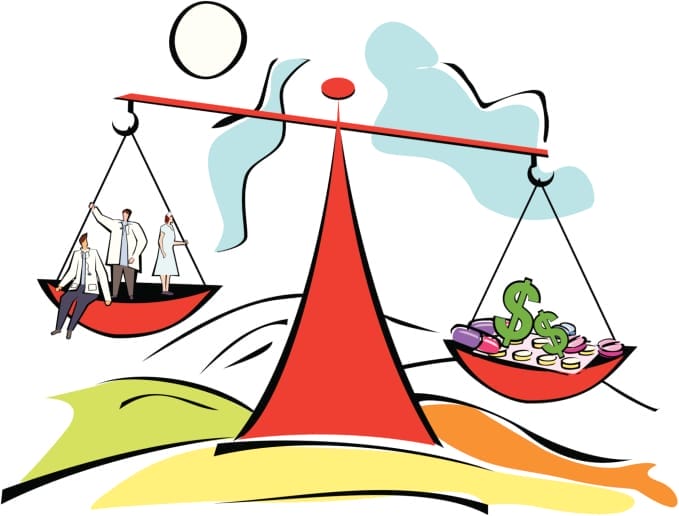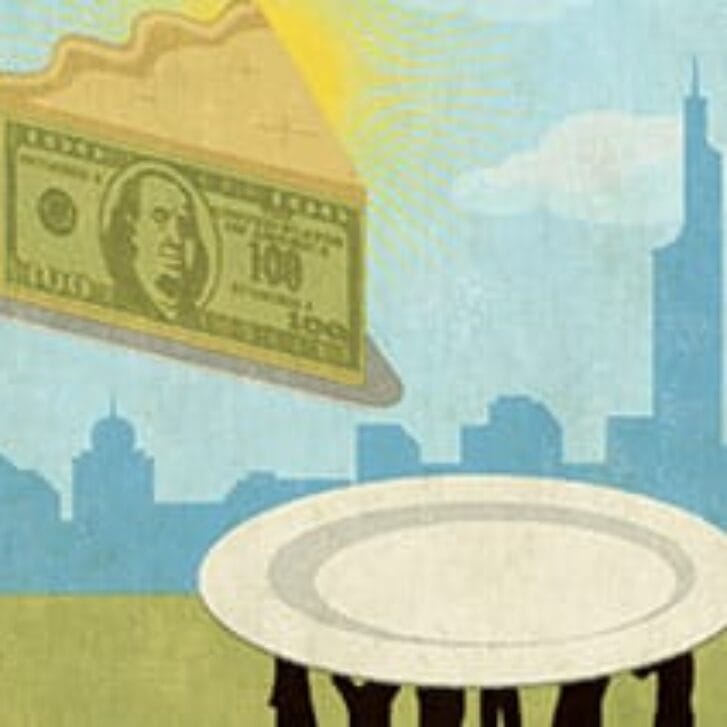In my last blog, we discussed the overall costs of cancer care to the U.S. health care system and how these rising costs might be attenuated. Here, we discuss what the value of this cancer care means to patients, providers and society.
From a patient perspective, the diagnosis of cancer is catastrophic in its health and economic impact. A recent study from Health Affairs found that cancer patients in the state of Washington were 2.65 times more likely to go bankrupt than people without cancer. Ethicists and providers have postulated that the value propositions faced by cancer patients—the will and the desire to live, and treatment choices—differ from those of healthy individuals. Families and patients likely feel more pressure to fight cancer at any cost, and to prioritize medical concerns over financial issues.
A doctor’s goal based on the Hippocratic Oath is to provide treatment with the greatest benefit. It is interesting to note that in a recent review of clinical guidelines, developed by specialty societies like the American Society of Clinical Oncology, a large portion of these guidelines are vague on the issue of treatment cost considerations. No wonder this care is commonly provided without regard to cost. Add to this the fact that a portion of an oncologist’s income is derived by providing drugs to patients. The more expensive the drug, the more the clinician can earn.
With the passage of the American Recovery and Reinvestment Act and the Affordable Care Act, the federal government has pushed for comparative effectiveness research by pitting therapies against one another to determine which provides the greatest clinical benefit. Implicit in this analysis are comparisons that may evaluate expensive versus less expensive therapies to determine comparability of clinical benefit, with the choice for therapy being the one that provides a “similar” outcome for less money. Thus, from a societal perspective, the U.S. is creeping toward what many consider cost-effective therapies, which ultimately may drive choices for care.
The question becomes: Whose “value” trumps another person’s “value”?
Editor’s note: Read Jeff’s earlier thoughts on this topic in “Two Ways to Tackle the High Cost of Cancer.”


























